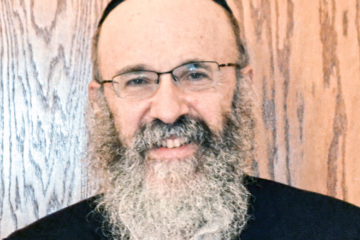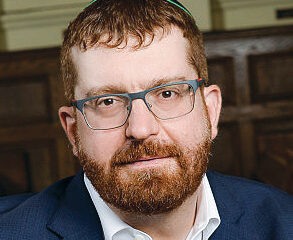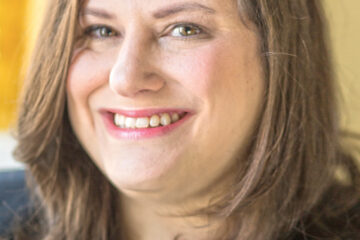Teshuva goes beyond apologies

By Rabbi Tina Sobo
Temple Israel
Teshuva, generally translated as repentance, is a concept we Jews draw a lot from during the High Holidays. Its root meaning is to return.
Most would say that we are returning to God, to a more righteous path of action, etc., and that this month of Elul is about reflecting on how we have missed the mark (chet) in that regard.
Teshuva as a concept immediately conjures up Maimonides’ stages for repentance as an excellent model for a true apology.
We acknowledge our wrongdoing, feel remorse, make a choice to change, make amends, and prepare not to repeat the same type of wrong-doing in the future.
This introspective take on repentance stands in stark contrast to the “playground apology” grumbled after grown-up insistence. Teshuva and Elul are more than just this introspection.
Teshuva goes beyond apologies. It’s not just about making amends and avoiding future mistakes.
Many of the sins we confess at this season are unknowing, unintentional, and otherwise inadvertent. For the most part, we do not go through life wanting to make other people’s lives difficult and to be obnoxious.
There’s a teaching by Rav Kook that teshuva is about returning to the essence of our soul — to return to ourselves in order to reconnect with God — the ultimate Jewish goal.
I thought about that teaching while watching the Paris Olympics, particularly the gymnastics, and how even at the Olympic level there were slips, falls, and spotters needed. Athletes spoke about overcoming challenges, and more.
There were athletes who could’ve given up, walked away, pouted, gone for an easier routine, or made a dozen other choices, but who persevered and kept aiming for the loftiest of goals.
We strive to be our best, for perfection, for our goals. Often we miss, fall short, stumble, get distracted.
At those moments, we have a choice: to give up, walk away, reset expectations, change our trajectory. Or we can choose to refocus, get up, and try again.
This, I think, is the essence of return, of teshuva. God knows we are human, including the imperfection and chaos that come with being human.
To engage in teshuva at this season is to reflect on the past to reconnect with ourselves and God at an innermost level.
This will give the resolve and strength to move forward, to overcome challenges, and to try again this coming year.
To read the complete September 2024 Dayton Jewish Observer, click here.





